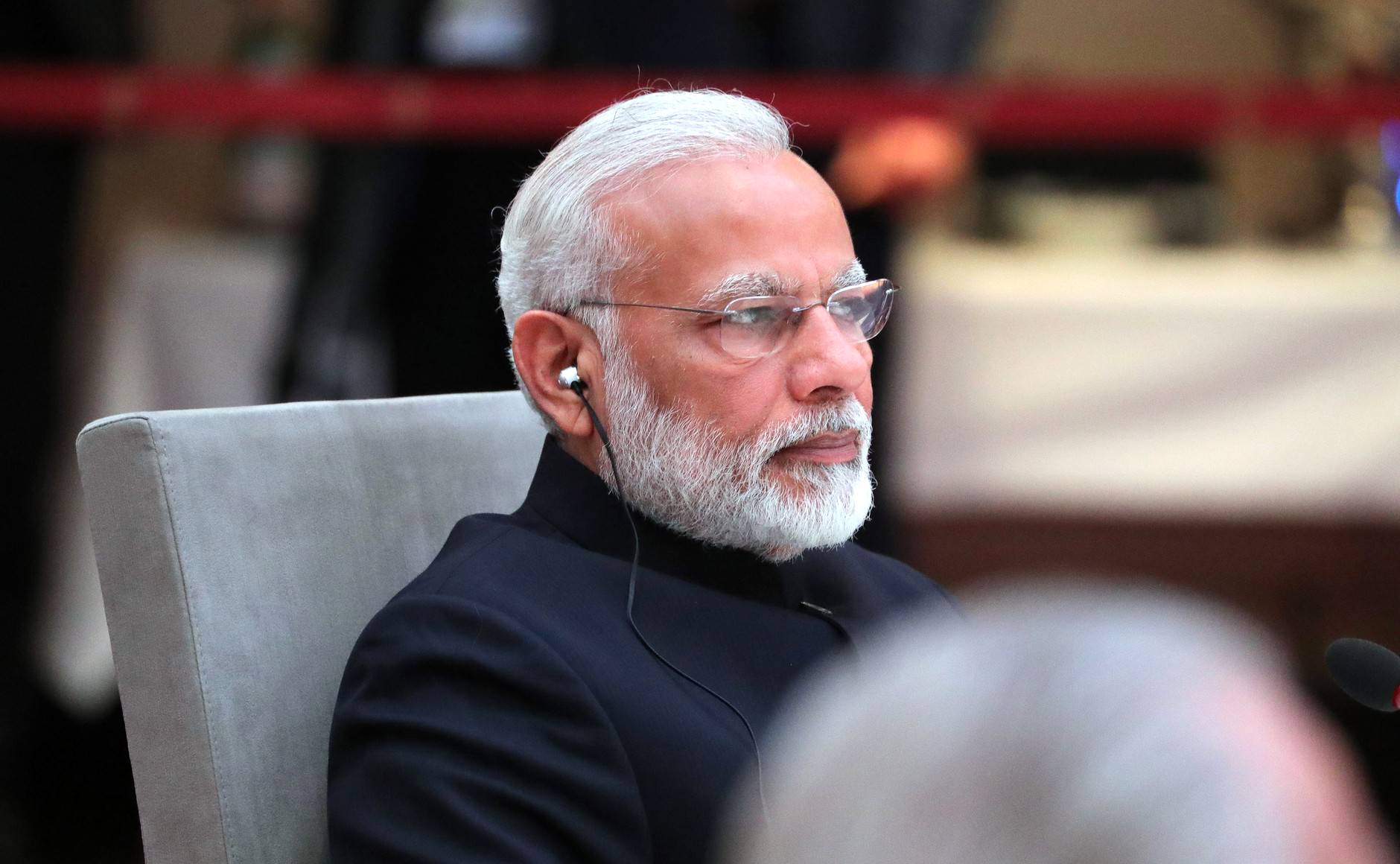Donald Trump warns Apple: Apple, the company behind the iPhone, has no plans to shut down its manufacturing plant in India. However, former US President Donald Trump had earlier warned Apple CEO Tim Cook that he would impose tariffs if iPhones were made in India or anywhere else outside the US.

US President Donald Trump Warns Apple on iPhone Manufacturing Outside the Country
On May 23, 2025, US President Donald Trump raised fresh concerns for tech giant Apple. In a strongly worded post on his social media platform, Truth Social, Trump declared that Apple must manufacture all iPhones sold in the United States within the country itself. He emphasized that any production of iPhones in India or other foreign nations would lead to a 25% tariff on the devices when imported into the US.
This statement by Trump highlights his firm stance on prioritizing American manufacturing and reducing dependency on overseas production. His clear message to Apple CEO Tim Cook was unmistakable: he wants to see iPhones rolling off assembly lines in American factories, not in far-flung plants across Asia.
Trump’s warning also comes amid ongoing efforts by Apple to diversify its manufacturing footprint. In recent years, India has emerged as a key player in Apple’s global supply chain. India’s lower labor costs, improving infrastructure, and supportive government policies have made it an attractive alternative to China for iPhone production.
India’s Growing Role in iPhone Production
India’s role in Apple’s global operations has seen significant growth. Over the last five years, India has become one of the biggest iPhone manufacturing hubs outside of China. In the previous financial year, Apple’s production facilities in India manufactured smartphones worth $22 billion. This represents a 60% increase in production compared to the previous year, reflecting the rapid expansion of Apple’s Indian operations.
Apple’s decision to increase its manufacturing capacity in India has been driven by various factors. Trade tensions between the US and China, along with the rising costs of labor in China, have prompted Apple to explore other options. India, with its large workforce and improving industrial ecosystem, has proven to be a promising alternative.
Trump’s Stance on American Jobs and Manufacturing
Despite these global considerations, President Trump remains committed to his “America First” approach. His warning to Apple is in line with his broader push to bring jobs and investment back to the United States. He argues that American consumers should have access to products made in their own country, not just imported goods.
During a visit to Qatar, Trump reiterated this viewpoint in a press conference. He explained that he had recently spoken with Apple CEO Tim Cook and expressed his dissatisfaction with the company’s growing reliance on foreign manufacturing. Trump shared, “Tim Cook and I had a conversation where I told him directly—I don’t want iPhones made in India or anywhere else. I want those jobs and that production to happen right here in America.”
Trump’s comments reflect his belief that American-made products are not only important for the economy but also crucial for national pride and security.

Apple’s Balancing Act
For Apple, Trump’s demand poses a significant challenge. The company has spent years building a complex global supply chain that spans multiple continents. Shifting the bulk of iPhone production back to the United States would require massive investments in new factories, equipment, and workforce training.
Currently, India is home to several large iPhone assembly plants operated by Apple’s partners like Foxconn and Pegatron. These facilities have been instrumental in helping Apple meet the rising demand for iPhones globally. Moving production back to the US could impact Apple’s ability to keep up with customer demand while also driving up costs.
The Broader Impact of Tariff Policies
Trump’s warning is not the first time he has used tariffs as leverage. During his presidency, he imposed tariffs on a range of products from China, aiming to reduce the trade deficit and encourage companies to relocate manufacturing to the US. These policies disrupted global supply chains and forced many firms to rethink their sourcing strategies.
If implemented, a 25% tariff on imported iPhones would likely raise the prices of these devices in the US. Apple could face pressure to absorb some of the costs or pass them on to consumers, potentially making the popular smartphones less affordable for many Americans.
What Lies Ahead?
So far, there has been no public response from Apple regarding Trump’s latest threat. In the past, Apple has indicated that it values its manufacturing partnerships in India and other countries. The company has also invested heavily in local communities in those countries, creating jobs and boosting local economies.
Whether Apple will bow to Trump’s demands and ramp up domestic production remains to be seen. The coming months are likely to be critical as the company weighs its options in the face of potential tariffs and the growing political pressure to prioritize American-made goods.
As this situation unfolds, it’s clear that the debate over global manufacturing and national interests is far from over. President Trump’s strong warning to Apple signals that the push to bring high-tech jobs back to the US will continue to be a hot topic in the months and years to come.
Also Read:
- India’s Gulf Strategy Amid US-China and Pak Tensions
- India Turkey Tourism: Turkey-Azerbaijan Tours Cancelled Over Pakistan Ties
- Trump Travel Ban 2.0: Who’s Affected This Time?
Author

Sahil V
Sahil V. is a passionate contributor at InsightIndia.in, specializing in world geopolitics and job-related updates. With a keen understanding of global affairs and employment trends, he delivers insightful articles that help readers stay informed and make smarter career decisions in a rapidly changing world.















